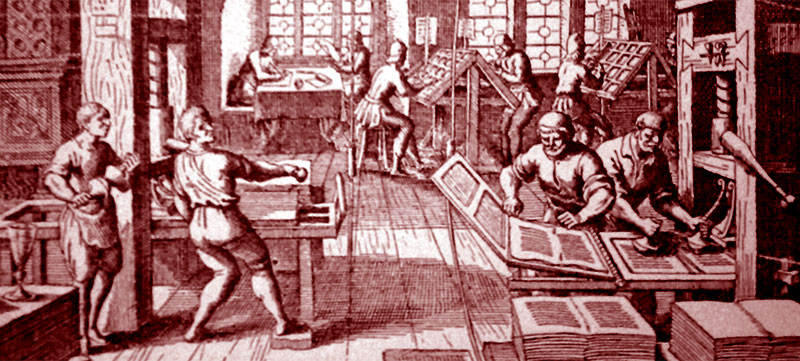Workshop on the material cultures of urban knowledge communities, 1500-1800 (Canterbury, 6 July 2018; Deadline 23 March 2018)
19 februari 2018Histories of early modern science and technology have been transformed in recent decades by an engagement with artefacts, materials, and diverse practitioners and sites of knowledge production. This workshop seeks to explore the connections between scientific knowledge – broadly understood as learned natural knowledge, experimental inquiry, technical know-how, and perhaps experiential craft skills – and material cultures in early modern cities. We are interested in how the built and material environments of cities impacted upon knowledge creation, display, and dissemination, and the ways in which scientific material cultures shaped contemporary understandings of the urban or civic.
We welcome papers on urban knowledge cultures that engage with:
- material and visual cultures
- object collections
- materials and materiality
- makers/practitioners
- the material fabric of sites of epistemological production
- urban infrastructure projects and associated technologies (e.g. fortifications, bridges, river management)
- innovative methodological approaches to early modern material cultures and epistemic contexts
- approaches to teaching ‘scientific’ material cultures.
We particularly encourage contributions that enrich our understanding of urban ‘scientific’ networks of exchange, and vernacular practices and knowledge cultures.
This workshop will be held on Friday 6th July 2018 at the University of Kent, Canterbury. This event is part of the Leverhulme Trust-funded Metropolitan Science project ([https://metsci.wordpress.com]) in the Centre for the History of the Sciences.
To propose a twenty-minute paper, please send a title and abstract of no more than 300 words, to J.Kilburn-Toppin-551@kent.ac.uk by 23rd March 2018. Please send any queries to the same address. We intend to pre-circulate papers.
There is no registration fee for this workshop. We will offer support for travel to postgraduate students whose papers are accepted for the workshop.
Organised by Rebekah Higgitt, Noah Moxham, and Jasmine Kilburn-Toppin.

